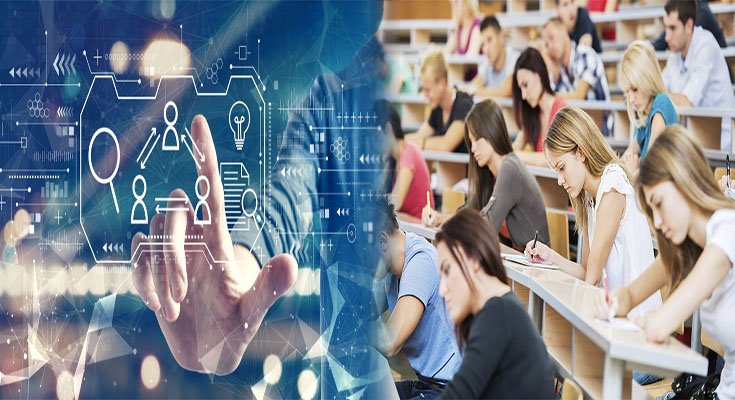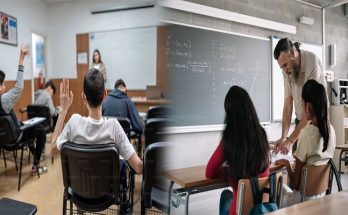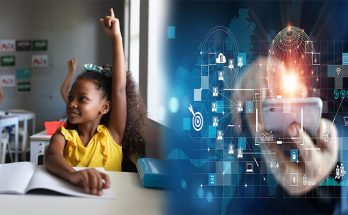Education plays a fundamental role in shaping societies and preparing individuals for the challenges and opportunities of the future. As the world rapidly evolves, it is important to understand and adapt to the changing landscape of education. Through extensive research, experts have gained valuable insights into emerging trends, innovative practices, and the overall transformation of education systems. This article will discuss some key research findings and provide insights into how education is evolving to meet the needs of learners in the 21st century.
1. Personalization and Individualized Learning
Research suggests that personalized and individualized learning approaches have a positive impact on student engagement, achievement, and motivation. Personalization allows learners to explore topics of interest, set their own learning pace, and receive tailored support from educators. Technology plays a significant role in enabling personalized learning by providing adaptive learning platforms and digital tools that cater to individual learning needs. By embracing personalization, education systems can foster a more inclusive and student-centered approach, ensuring that each learner achieves their full potential.
2. Integration of Technology in Education
The integration of technology in education is revolutionizing the learning experience. Research shows that well-designed technology-enhanced instruction can enhance student learning outcomes. Educational technology offers opportunities for multimedia-rich content, interactive simulations, and collaborative learning environments. Additionally, digital tools facilitate data-driven decision-making and improve communication between educators, students, and parents. Virtual and augmented reality, artificial intelligence, and machine learning are also gaining traction in education, providing new avenues for engagement, personalized feedback, and immersive learning experiences.
3. Lifelong Learning and Skill Development
The rapid pace of technological advancements and changes in the job market necessitate a shift towards lifelong learning. Research indicates that individuals need to continuously update their skills to adapt to evolving workforce demands. Traditional models of education are being complemented by lifelong learning initiatives, such as online courses, micro-credentials, and workplace learning programs. By fostering a culture of continuous learning, educational institutions can equip learners with the skills needed to thrive in a rapidly changing world.
4. Emphasis on Critical Thinking and Problem-Solving
In the 21st century, rote memorization is being replaced by a greater emphasis on critical thinking and problem-solving skills. Research highlights the importance of equipping students with the ability to analyze information critically, solve complex problems, and think creatively. By incorporating inquiry-based learning approaches, project-based assessments, and collaborative activities, educators can foster these essential skills. Developing critical thinking not only prepares students for higher education and the workforce but also enables them to make informed decisions and navigate a rapidly changing society.
5. Global and Cultural Competence
As the world becomes increasingly interconnected, research indicates the need for learners to develop global and cultural competencies. Education systems are incorporating global perspectives, intercultural understanding, and opportunities for international collaborations to promote empathy, respect, and diversity. By developing global and cultural competence, learners can navigate multicultural environments, collaborate effectively with individuals from diverse backgrounds, and become responsible global citizens.
Research provides valuable insights into the evolving landscape of education. Personalization, technology integration, lifelong learning, critical thinking, and global competencies are some key areas where education is transforming to meet the needs of learners in the 21st century. By embracing these research insights, educational institutions can create inclusive, engaging, and effective learning environments that prepare learners to succeed in a dynamic and interconnected world. As research continues to shape our understanding of education, it is vital to stay informed and adapt educational practices to ensure that learners are equipped with the skills and knowledge required to thrive in the future.





